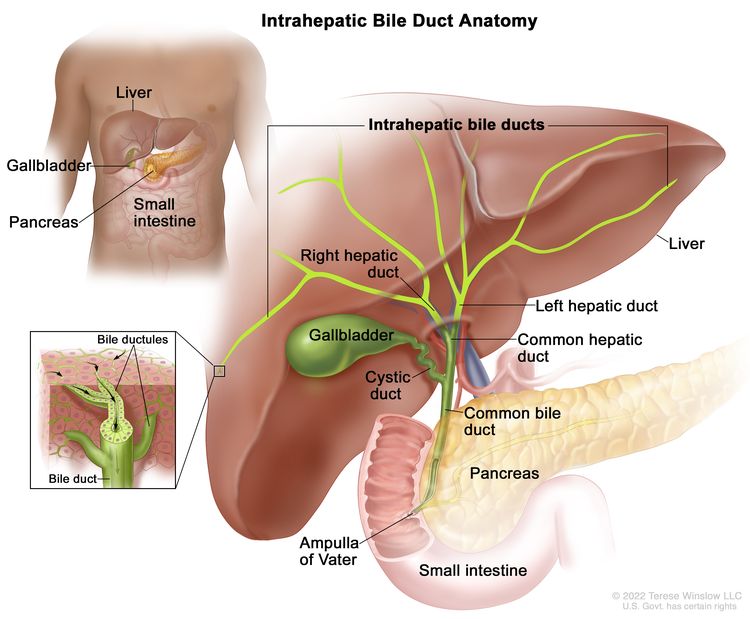To treat these cancers the surgeon cuts out the part of the liver.
Bile duct resection complications.
Perihilar bile duct cancer develops where the branches of the bile ducts first leave the liver.
A stone that remains in a bile duct after gallbladder removal surgery can cause severe pain or jaundice which is the yellowing of the skin.
Bile ducts connect your liver to your gallbladder and to your small intestine.
Bile duct resection and reconstruction bdrr is performed for a variety of indications including benign and malignant tumors.
Any surgery to the liver such as removal of a cancerous tumour.
This is a complication in 0 1 of laparoscopic gallbladderremoval surgeries 2liver surgery.
Because of recent advances in liver surgery hepatic resections are more frequently performed with a reduction in operative mortality rates.
On september 30 the national organization for rare disorders nord and its rare cancer coalition are spearheading the second annual rare cancer day.
A complete blockage can cause an infection.
Itching abdominal pain usually in the upper right side fever or night sweats nausea and vomiting tiredness or lack of energy unintentional weight loss loss of appetite.
Intrahepatic bile duct cancers are in bile ducts that are inside the liver.
2 7 the presence of bile in the dead space after liver resection predisposes to.
Bpt while there is growing public awareness about cancer in general there are many types of cancer that are not well known or are misunderstood.
This awareness day aims to activate inspire and educate the public about the rare cancers that.
Surgery for resectable bile duct cancers.
This condition also known as bile duct cancer is an uncommon form of cancer that occurs mostly in people older than age 50 though it can occur at any age.
And more rarely traumatic infectious or inflammatory processes involving the biliary tree.
People with bile duct obstruction also often experience.
The bile duct can be injured during the course of another operation or because of an underlying illness.
6 biliary complications remain a common cause of major morbidity after hepatic resection with an incidence of 4 8 to 7 6 reported in recent large series.

